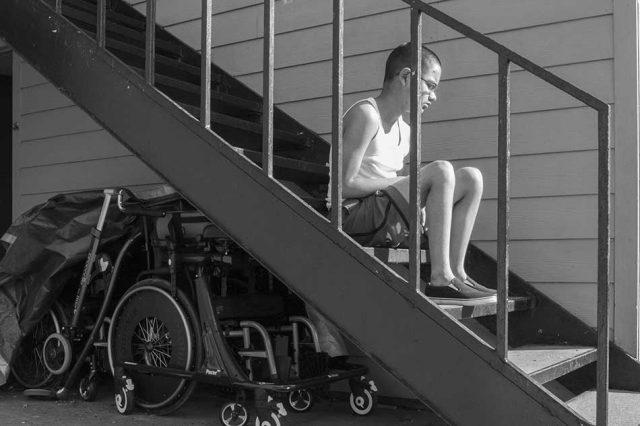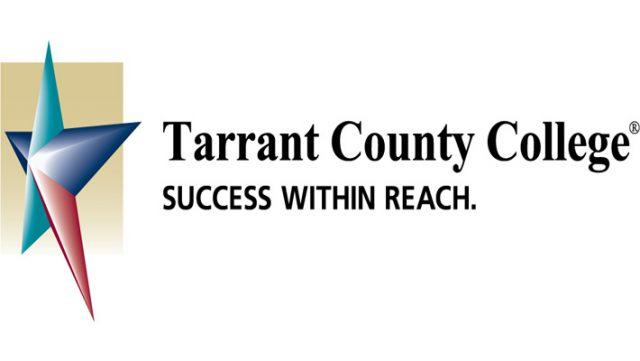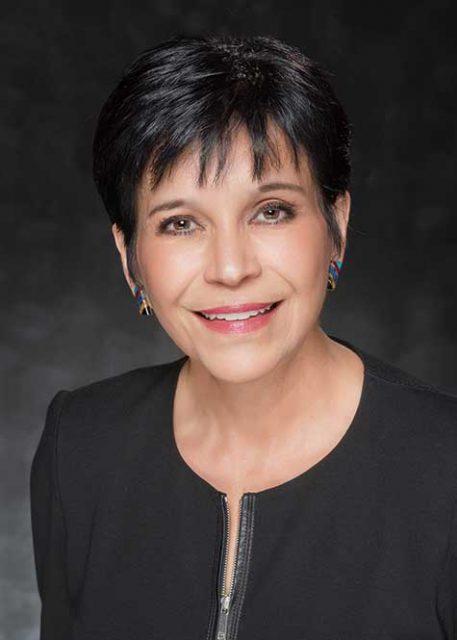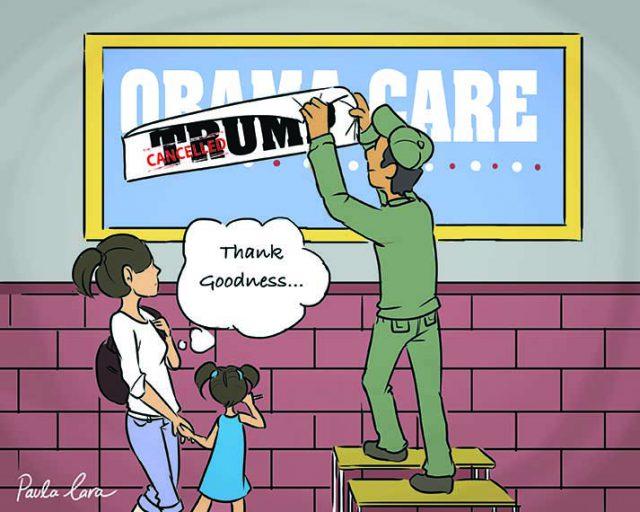By Chase Metivier/ reporter
Award-winning journalist and CNN anchor Anderson Cooper told NE students via a webcast March 23 of his journey into broadcast news.
Cooper was with educational Channel One for a short time but realized his passion for the news.
“If no one is going to give me an opportunity,” he said. “Then I’d have to try to create my own opportunity.”
He decided to become a war correspondent where he saw much horror and hate but also surprises.
“In war, you expect to find darkness, but you also find light,” he said. “You expect to see horror, but you discover humanity as well.”
Cooper said he found his calling when covering a famine in Somalia.
“I couldn’t stop starvation or save people’s lives,” he said. “But I can bear witness to their struggles and tell their stories.”
Cooper said being a correspondent now is interesting because people say and do unimaginable things.
“One minute someone is experiencing incredible joy and triumph, the next the depths of despair,” he said.
Cooper also gave a bit of insight to future reporters or correspondents.
“People can’t allow themselves to become immune to sadness of what people are seeing,” he said.
Cooper said those people have no business in the field, but no one can do justice to the horror of reality.
“As a storyteller, you have to see things with fresh eyes,” he said. “You have to be willing and able to walk in other people’s shoes.”
Cooper said he once asked a student group to raise their hands if the world was worse off now than it has ever been in their lifetime. Nearly everyone did, but Cooper doesn’t agree.
“As bad as things may seem, as polarized as this society may seem, as bad as wars may seem overseas, the good news is that life for humans as a whole on this planet is better than it has ever been,” he said.
In 1820, 84-90 percent of the world’s population was living in poverty. In 2010, it was 20 percent.
Cooper sees hope in each individual’s ability to reach out and care.
“During the tsunami in Japan, people risked their own lives to help complete strangers being swept away by the rushing waters,” he said. “In Haiti, the 2010 earthquake, citizens who had been abandoned by their own government for generations spent days digging through rubble with bare bloody hands to save strangers trapped beneath concrete.”
During a Q&A session, Cooper said free speech on college campuses is a balancing act.
“College campuses should be a place where there are conflicting ideas,” he said.





















